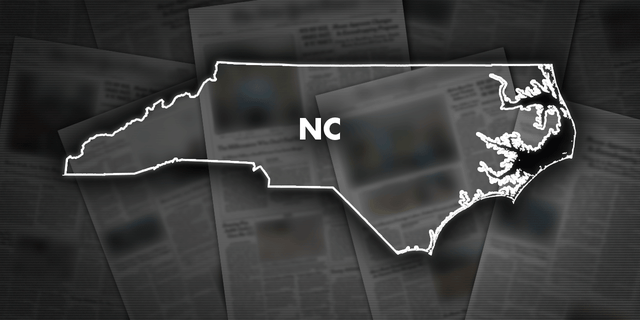

By last year, a panel of trial judges agreed with the plaintiffs that a law laying out when felony offenders get voting rights restored violated the state constitution and disproportionately harmed Black residents. These and other judges' decisions affected roughly 56,000 people.
MAN CONVICTED OF KILLING DALLAS OFFICER NEARLY 16 YEARS AGO FACES EXECUTION

The North Carolina Supreme Court will decide whether convicted people on probation should have their voting rights restored.
The law was approved in the early 1970s. Current legislative leaders defending the law say it treats all felony offenders the same and sets a bright line for voting once all punishments are completed.
This week marks the first in which the Supreme Court has heard arguments since Republicans took a majority of seats after the November elections.
